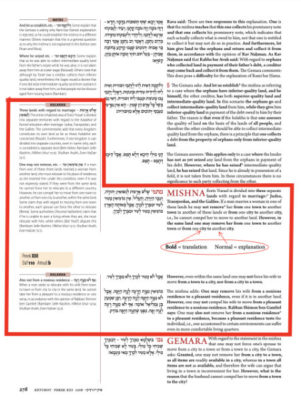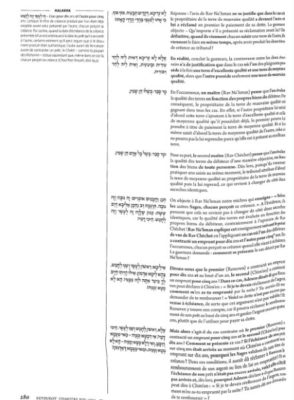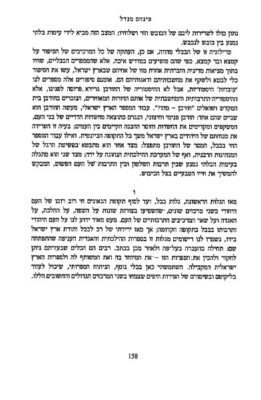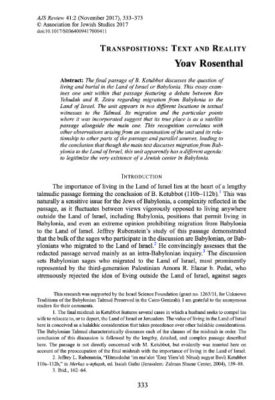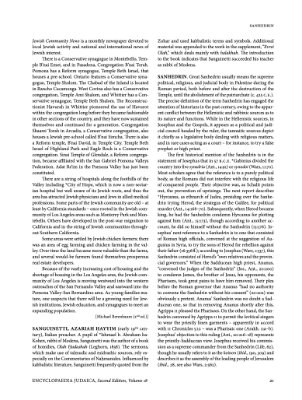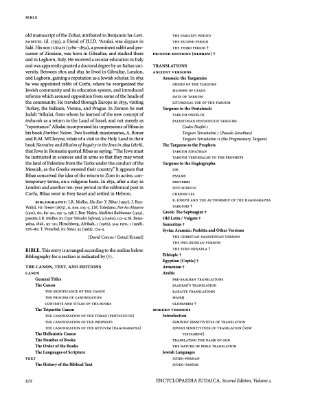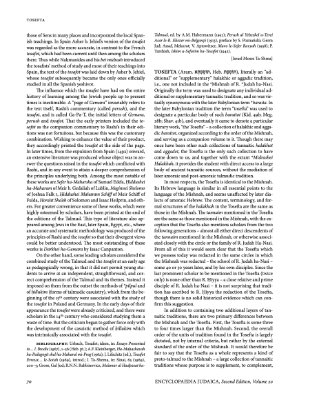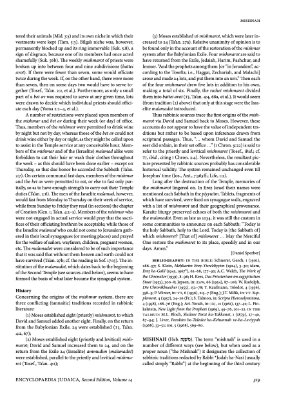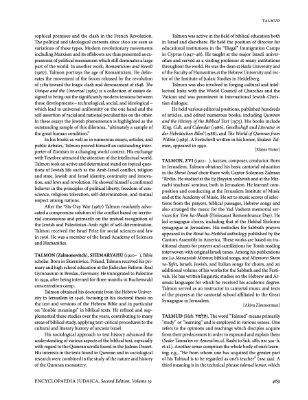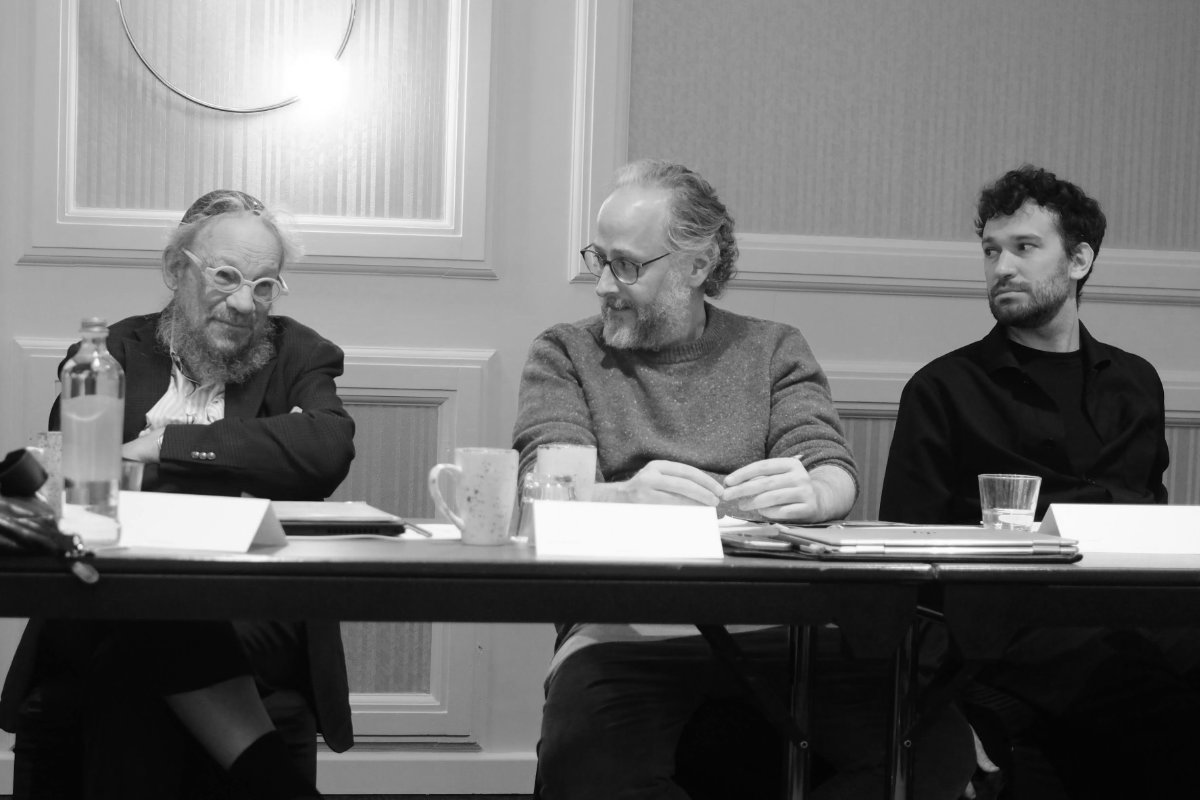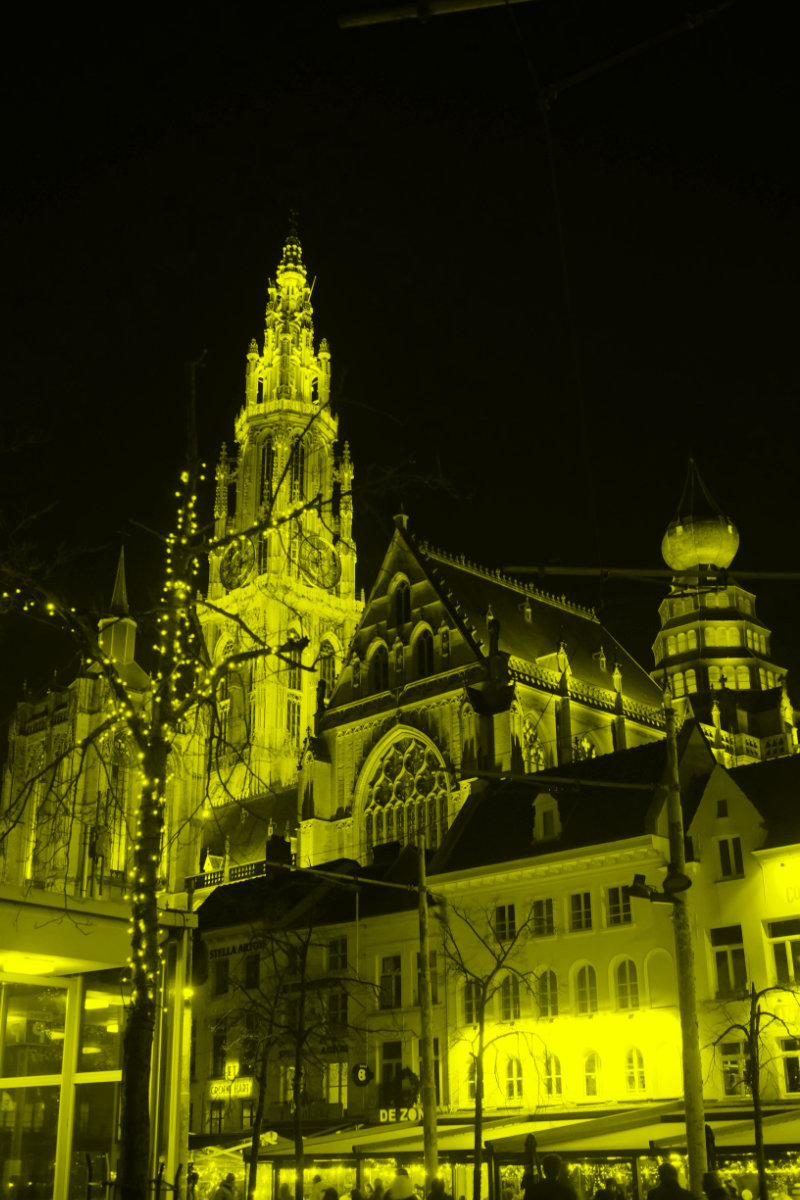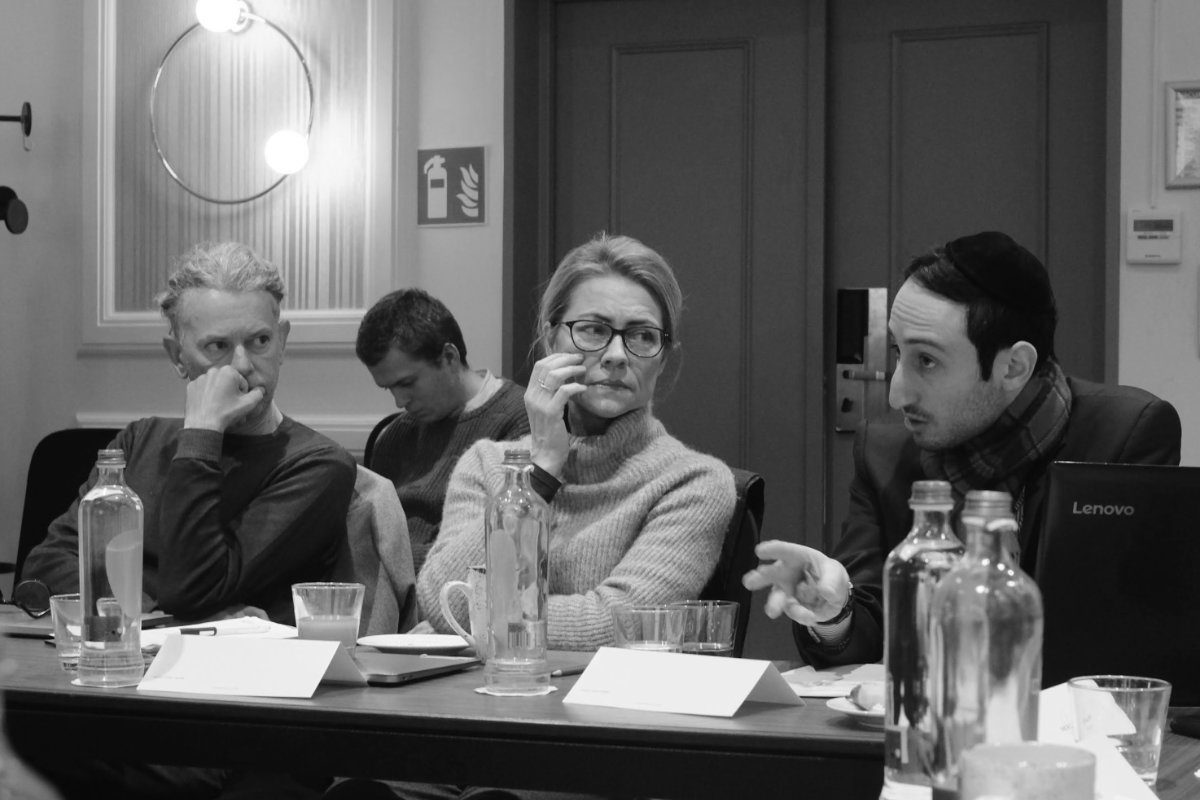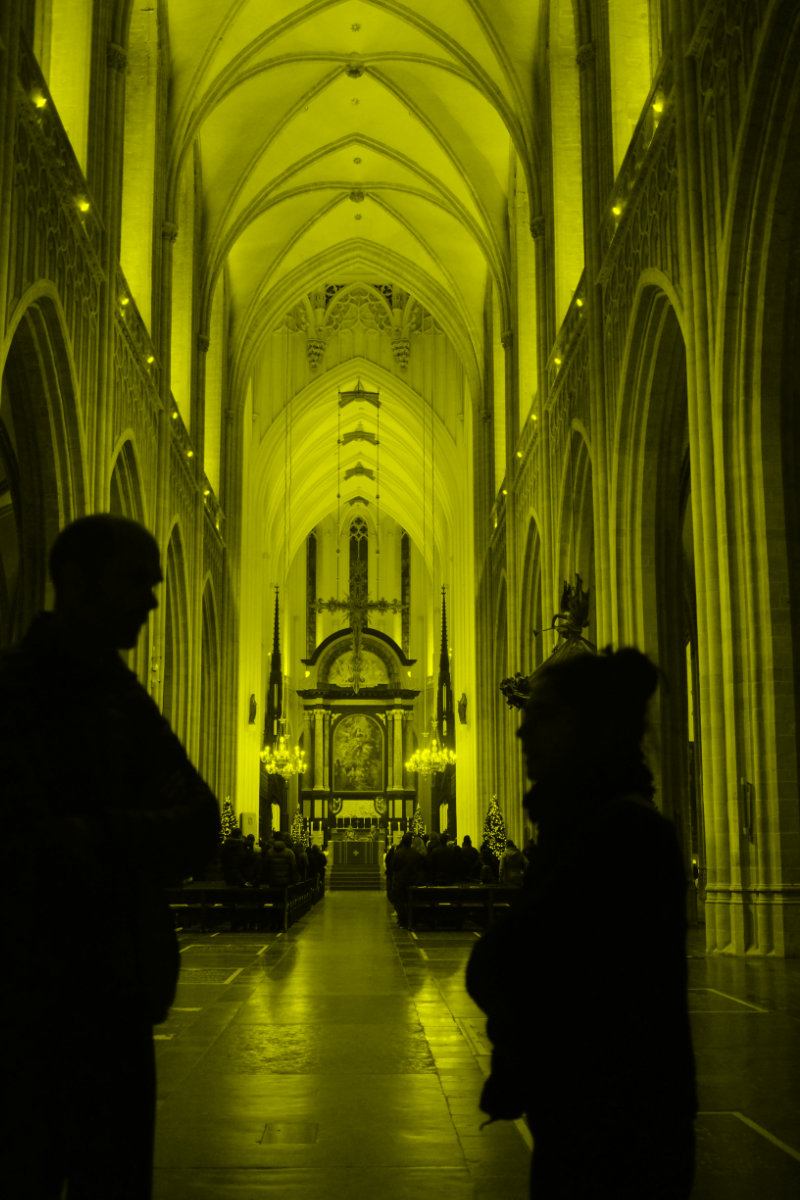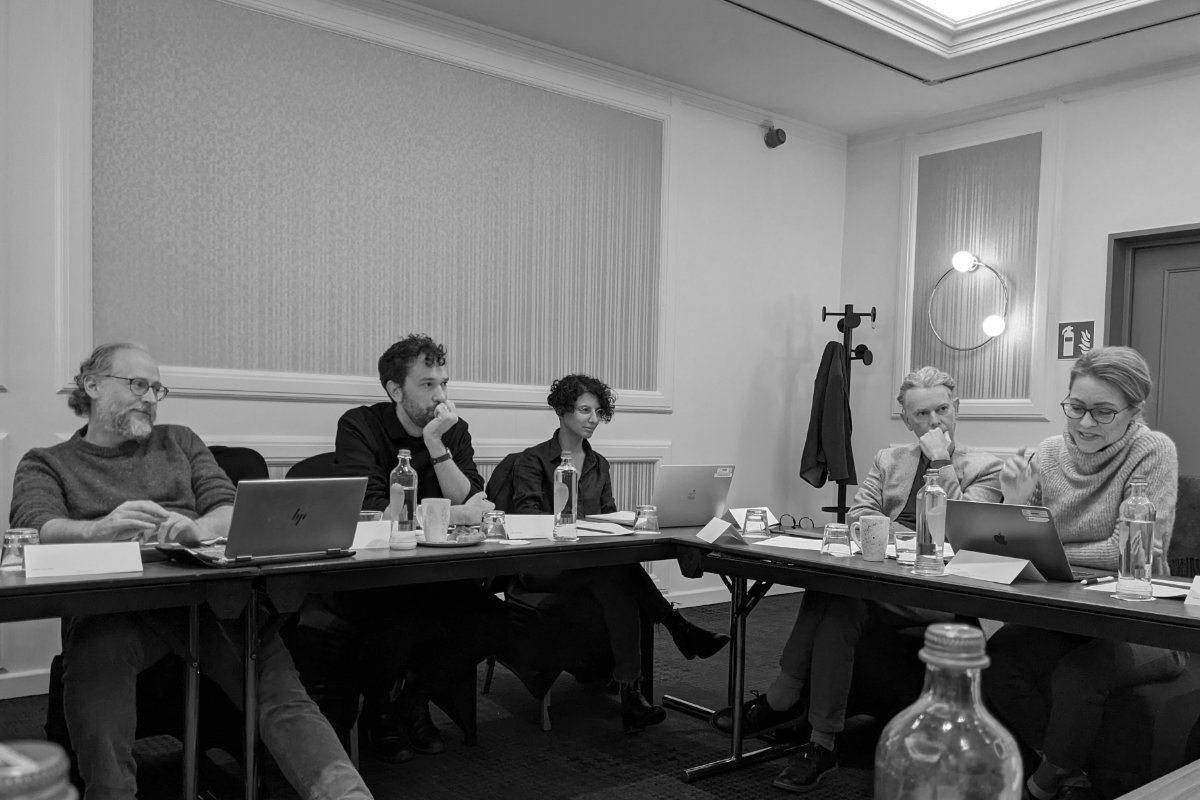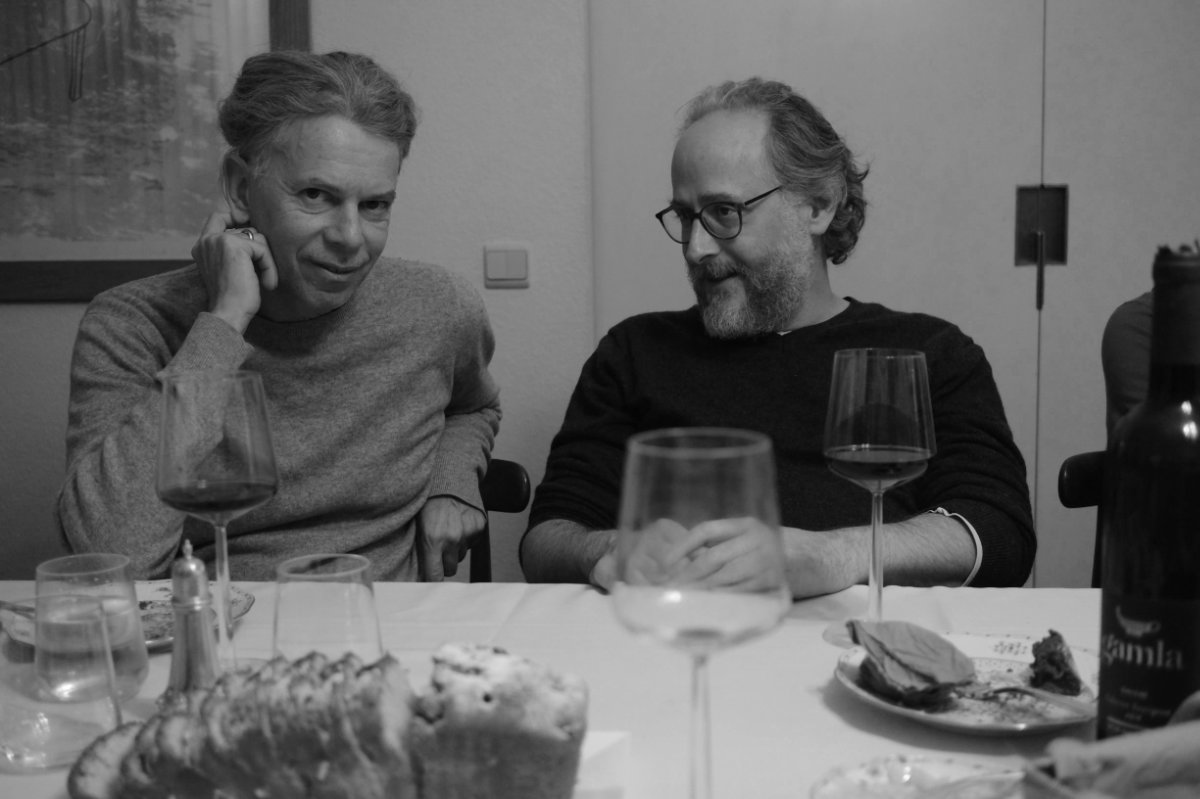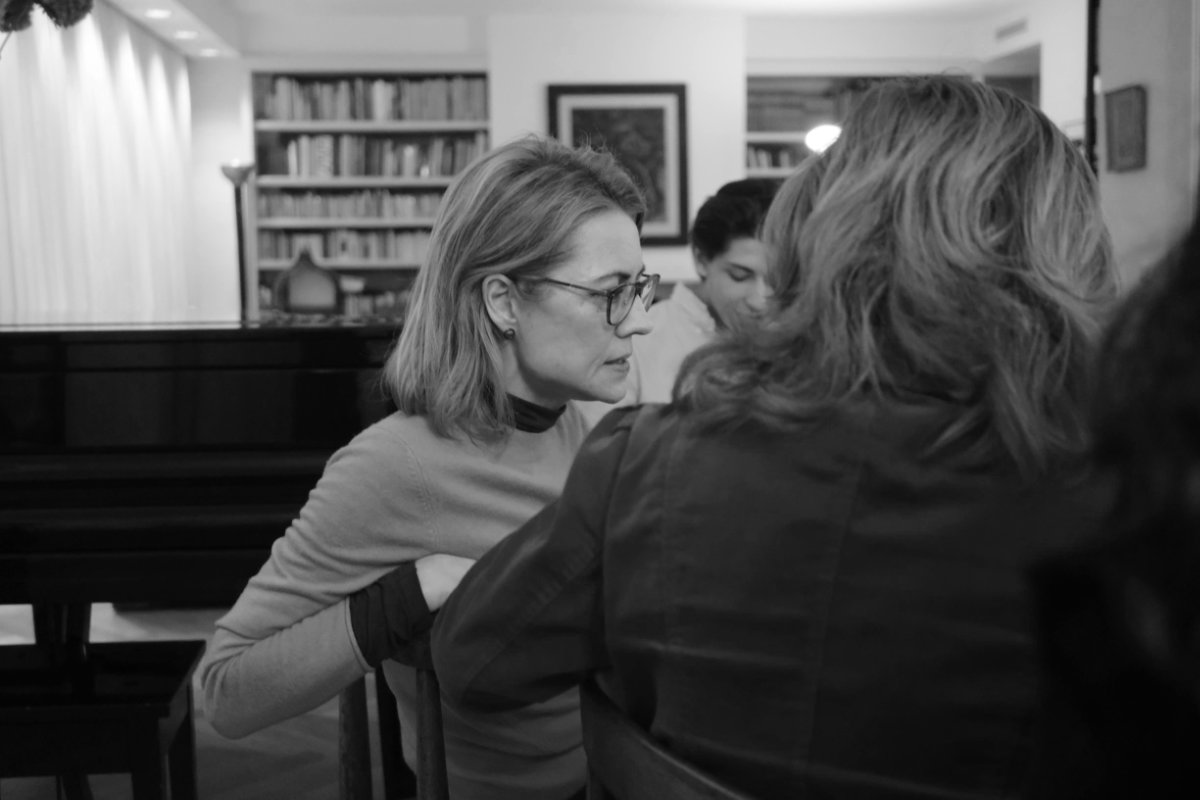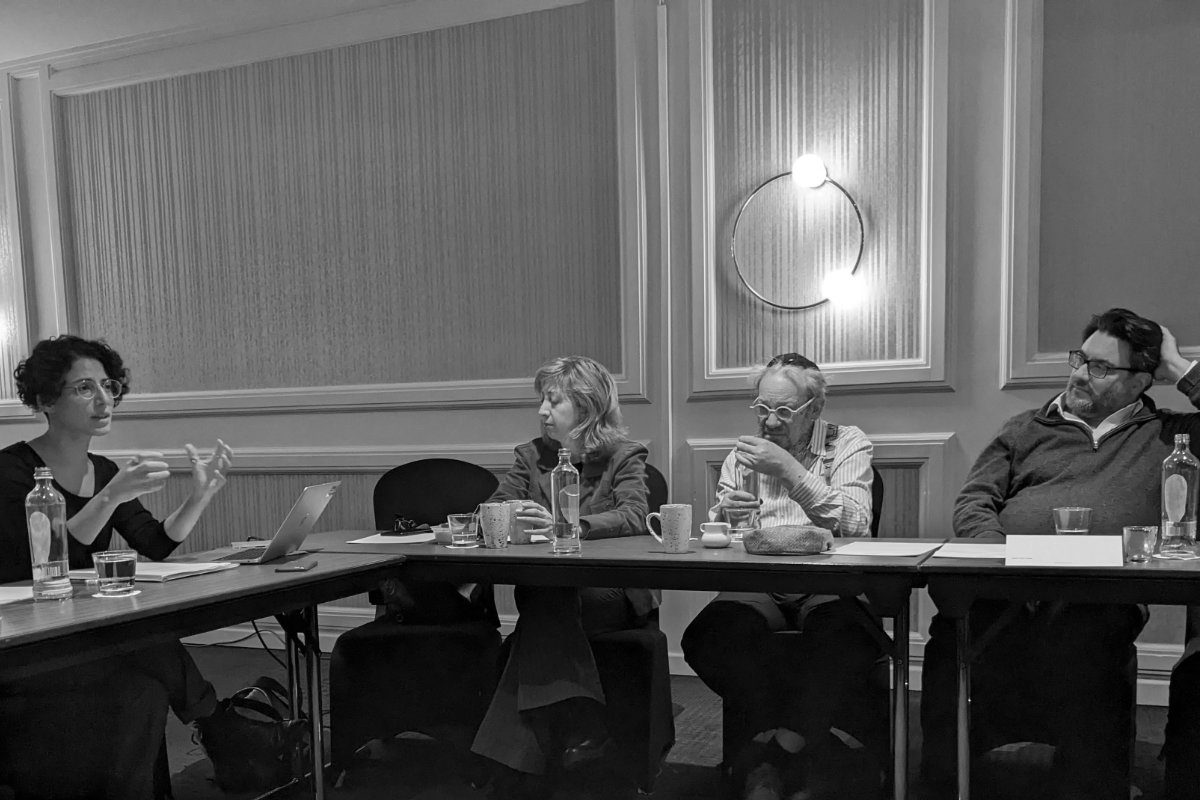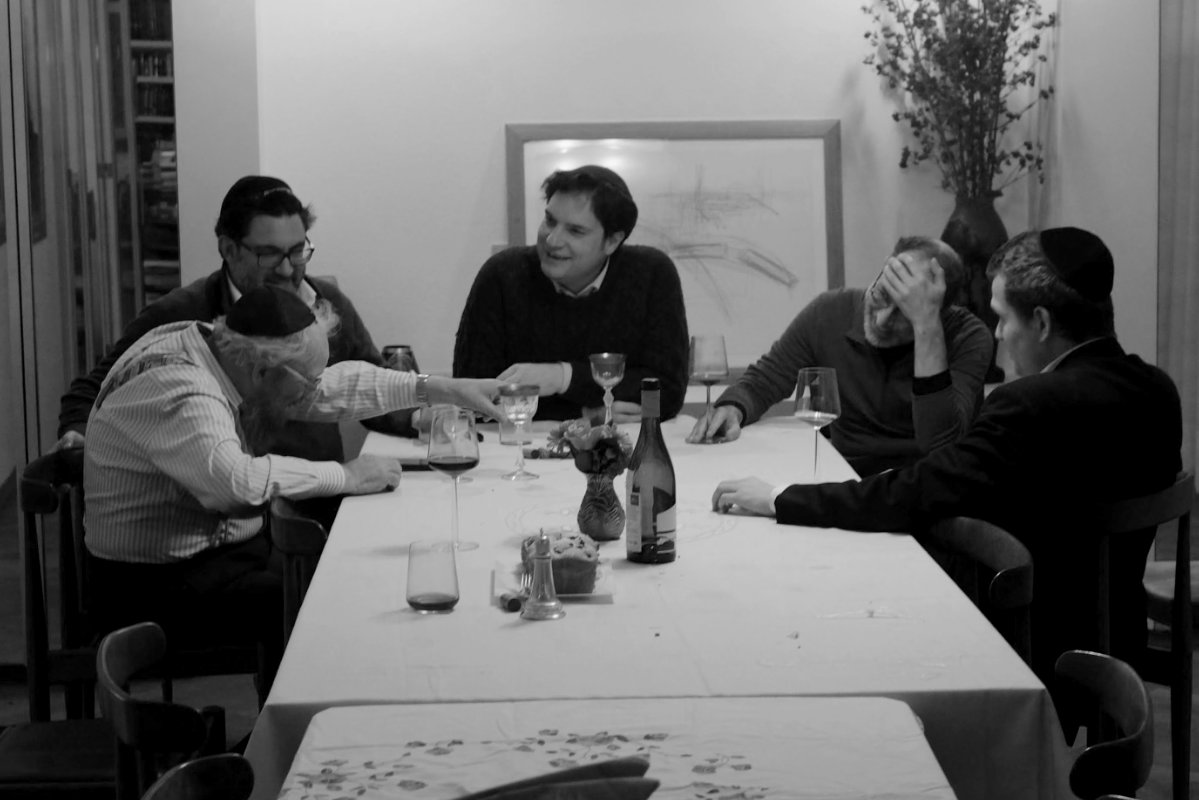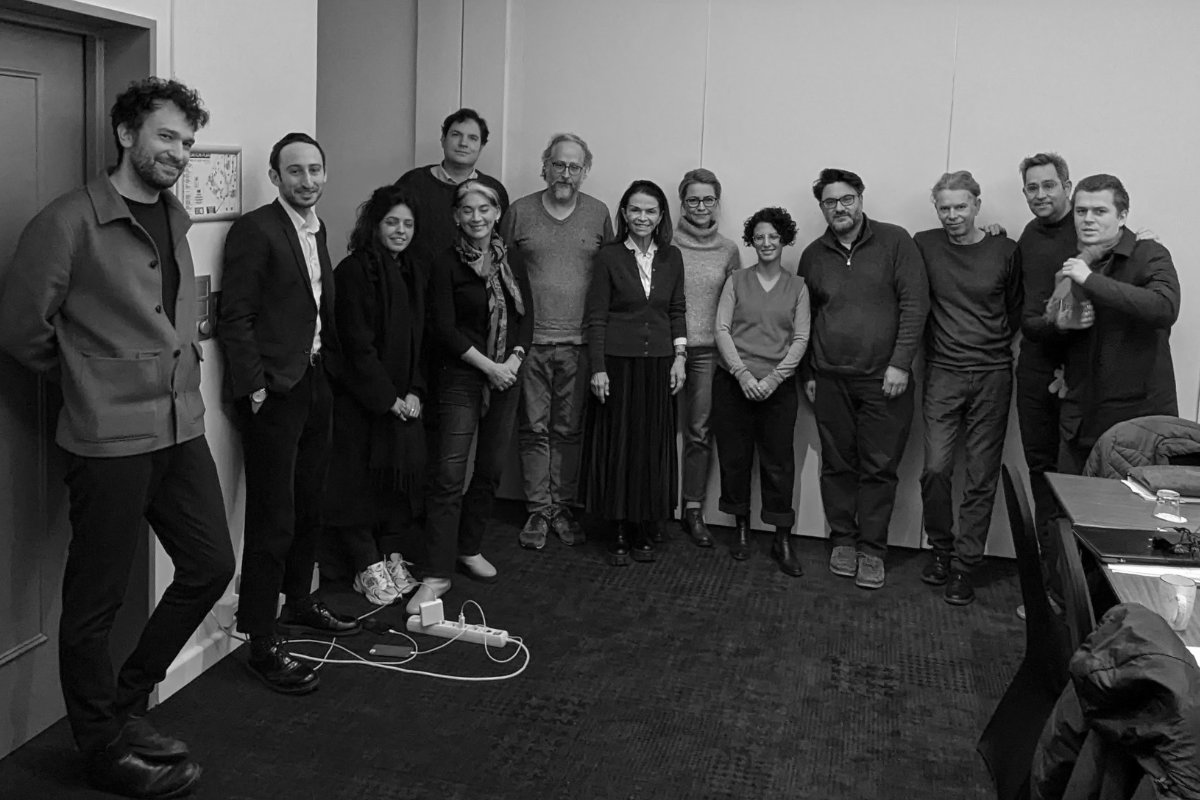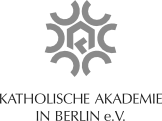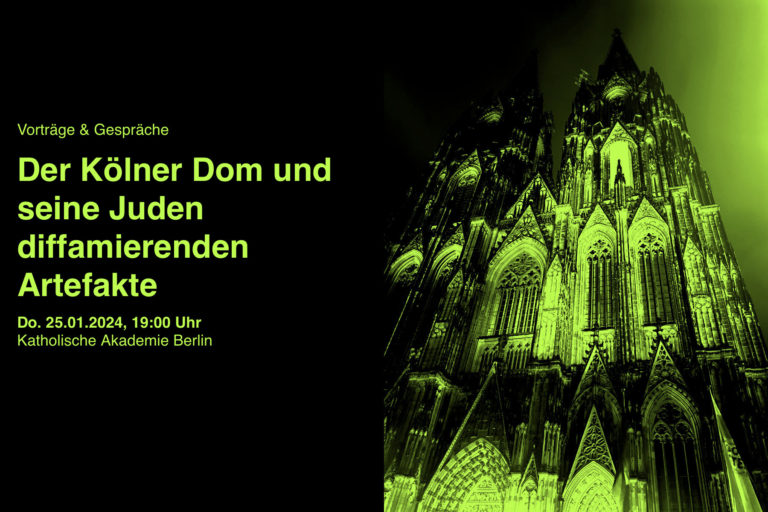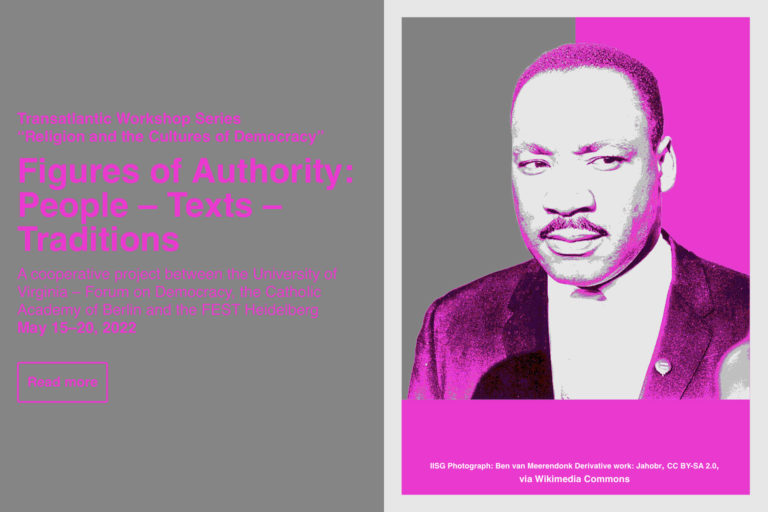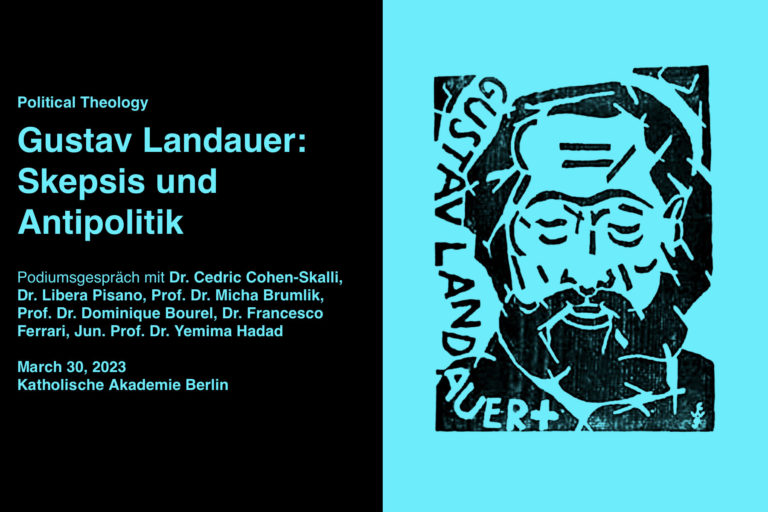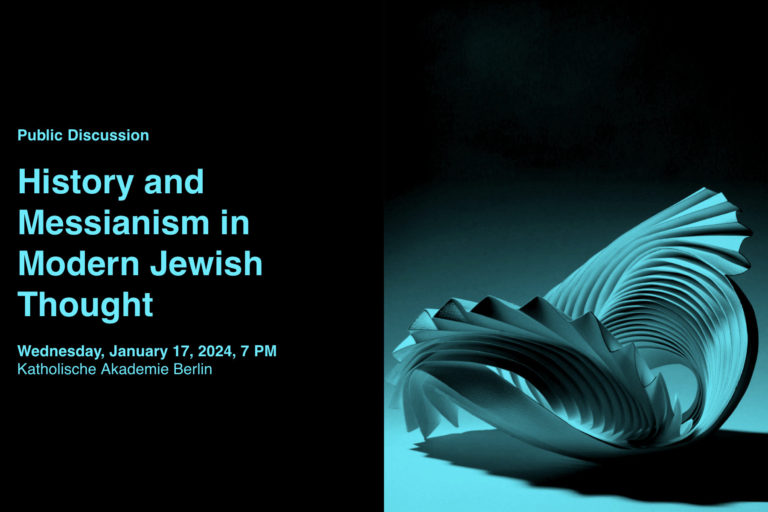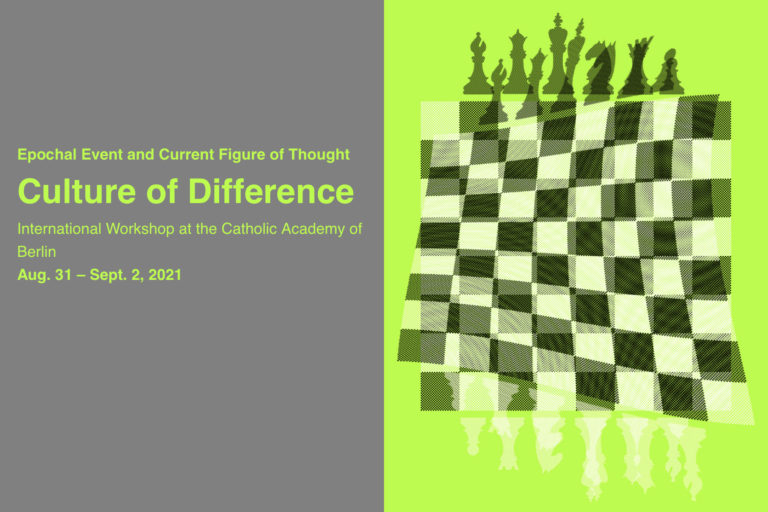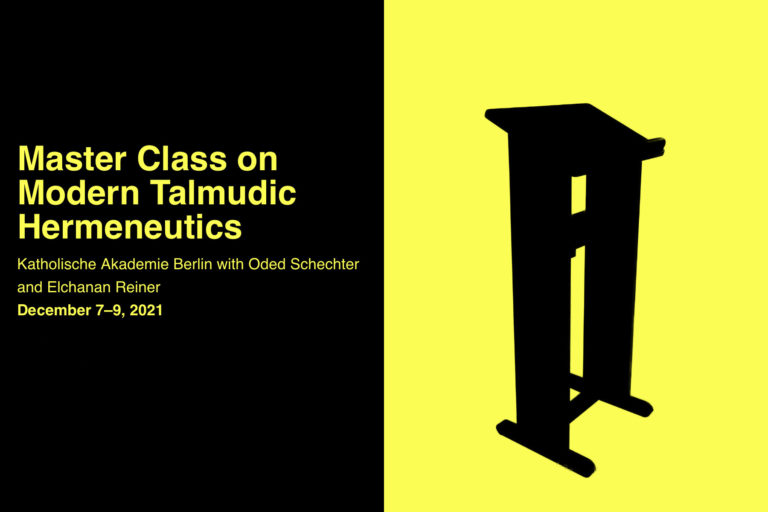International Workshop in cooperation with the University of Lille and the Antwerp Institute of Jewish Studies
Talmud and Contemporary Thought III
Exile
November 30 – December 3, 2023
Center for Jewish Studies Antwerp
International Workshop in cooperation with the University of Lille and the Antwerp Institute of Jewish Studies
Talmud and Contemporary Thought III
Exile
November 30 – December 3, 2023
Institute of Jewish Studies Antwerp
The theme for the 2023 workshop is Exile. Exile is existence removed or in distance from one’s own home, land or state. The nature of the distance may vary, as well as the quality of the relinquished owning, and the essence of the lost place. Exile is often understood in geo-political terms as being forcefully removed from one’s home country, through expulsion or loss of one’s place, loss of ability to be where one belongs. But exile may also arise from the complete disappearance of one’s home, or of the possibility of home, such that the collective or even human condition itself becomes exilic, alienated. Exile is accordingly not only a geographical or political condition, but can also be epistemological, ontological or metaphysical: in the disappearance of truth, the loss of reality, the concealment of God.
This workshop will reflect on the use of exile as a category in contemporary thought, especially in political thinking. What is the conceptual significance of exile? Does exile designate only a negative condition, of pure loss, privation and absence? Must the condition of exile accordingly be immediately negated, abolished, terminated? Must any assertive use of the notion of exile, must any theoretical, political or other discourse that embraces exile, signify a Gnostic or nihilistic negation of worldliness, and accordingly be irresponsible, unrealistic and/or disingenuous? Does clinging to loss, to absence, arise from a romantic, nostalgic attachment to some phantasy of absolute, impossible presence, of a perfect belonging and pure home? In political terms, must the positive assertion of exilic, stateless condition mean taking an antipolitical or apolitical position, a renunciation of a real state out of a deep desire for absolute, unlimited sovereignty? Is exile state phantasy?
But exile can also signify a positive condition of existence, which is not a pure negation of the world, but means perseverance at a distance from the given situation, at a distance of non-identification with the state of affairs, with the state of being, with the State – in view of an alternative horizon, of a better reality, of a world to come. Exile could signify the existential position of resistance and critique, which Edward Said understood as the structural human condition of the intellectual, who by the force of critical reflection lives removed from her own place. Politically, exile can signify not just the absence of state, an apolitical condition, but the contestation of the state, antipolitical in the sense of contesting the polis as the essence of politics, or politics as the essence of community. Exile can signify a collective project.
The talmudic literature famously deploys an important notion of exile, namely galuth, sometimes also rendered “diaspora”. Historically, there are various ways of understanding the Talmud itself as a project of exile, in the sense both of arising as the canon of a civilization that considers itself as forced into exile, and of regulating, designing and imagining the actual and concrete, also political, existence of this exilic – or diasporic – collective.
The workshop readings will explore the talmudic text as a discursive medium for contemplating the set of questions raised by contemporary deployments of the notion of exile and more generally by contemporary critiques of the state and of conditions of forced statelessness, refused citizenship, immigration and refugee situations, including the role of statist and non-statist politics in generating statelessness. In this context, there is a special interest in specific current debates concerning the nature and future of the contemporary project of abolishing the historical talmudic condition of galuth, which is the State of Israel.
Organization
Elad Lapidot, University of Lille
Vivian Liska, Institute of Jewish Studies Antwerp
The Workshop on Talmud and Contemporary Thought is an annual intellectual encounter, which explores ways of how the Talmudic tradition of text may offer a medium for contemporary thought, in the sense of thought that engages on issues of contemporary social, political and cultural concern.
The workshop revolves around a Talmudic text, which serves as a medium and environment for thinking together politico-theoretical questions of contemporary concern. The program is based on readings of these texts in view of the guiding questions, which are presented by different participants as a basis for group discussions. A unique feature of the workshop is that it brings together intellectuals with various backgrounds, some more Talmudic, some from other disciplines, in an attempt to enrich conversations and broaden horizons.
The Texts
General Information on Rabbinic Literature – Encyclopedia Judaica
Workshop
Participants
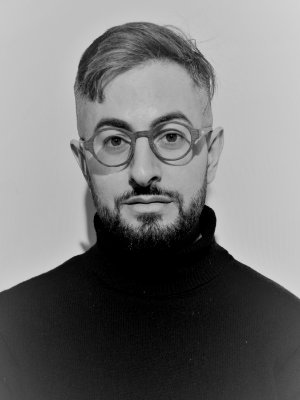
Itamar Ben Ami is an assistant professor at the Department of Philosophy and Religious Studies at Utrecht University. He is interested both in the tense encounter between theology and politics in late modernity and in a critical genealogy of the foundations of modernity through the lens of religious traditions.
Itamar’s work on Jewish Ultra-Orthodoxy and its relations to broader discourses around theology and secularism in the 20th century either has appeared or is forthcoming in Harvard Theological Review, Modern Intellectual History, the Jewish Quarterly Review, and Jewish Social Studies. He is currently working on two book projects, one on the emergence of Ultra-Orthodox political theology and another on Jewish visibility and belonging in modernity.
Itamar holds a Ph.D. from the Hebrew University of Jerusalem (2022). Before arriving at Utrecht, he was a research fellow and lecturer at Humboldt University’s Faculty of Theology (2020-2023) and Ruth Meltzer post-doctoral fellow at the Herbert D. Katz Center for Advanced Judaic Studies at the University of Pennsylvania (2022-2023). Itamar is a graduate of the Ultra-Orthodox Yeshiva educational system.
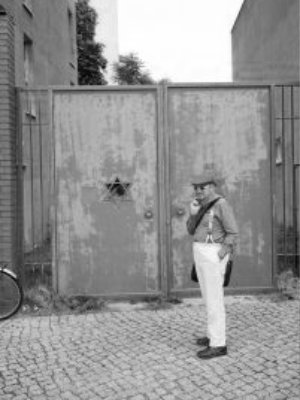
© Frederic Brenner
Prof. Daniel Boyarin is Taubman Professor of Talmudic Culture and rhetoric, UC Berkeley, ret. He has been an NEH Fellow (twice), a Guggenheim Fellow, a Fellow of the Institute for Advanced Studies in Jerusalem, a holder of the Berlin Prize at the American Academy in Berlin and a Ford Foundation Fellow. He spent the academic year 2012-2013 as a fellow of the Wissenschaft Kolleg in Berlin and was a von Humboldt Forschung Preisträgerat the FU Berlin in 2017. He is a fellow of the American Academy of Arts and Sciences since 2006.
Boyarin has written extensively on talmudic and midrashic studies, and his work has focused on cultural studies in rabbinic Judaism, including issues of gender and sexuality as well as research on the Jews as a colonized people, and lately, colonizing people. His most recent research interests centered primarily around questions of the relationship of Judaism and Christianity in late antiquity and the genealogy of the concepts of “religion” and “Judaism.” Lately he has been thinking extensively about diaspora as a political/cultural ideal. His most recent book is The No-State Solution: a Jewish Manifesto, Yale University Press, 2023.
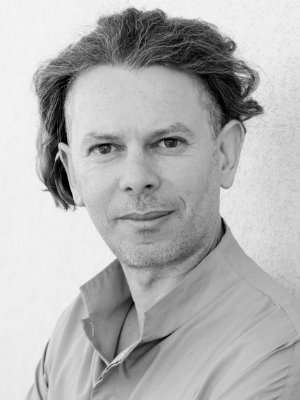
Luca Di Blasi is Associate Professor of Philosophy at the Theological Faculty of the University of Bern and Associate Member of the ICI Berlin. He is currently leading the project “Disagreement Between Religions. Epistemology of Religious Conflicts”. His theoretical main interests include philosophy of religion, modern continental philosophy, and political theology.
Main publications: Dezentrierungen. Beiträge zur Religion der Philosophie im 20. Jahrhundert (Vienna: Turia+Kant, 2018); Der weiße Mann. Ein Anti-Manifest (Bielefeld: transcript, 2013); Der Geist in der Revolte. Der Gnostizismus und seine Wiederkehr in der Postmoderne (Munich: Fink, 2002).
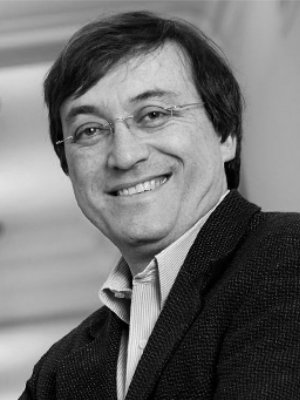
Moshe Halbertal is the Gruss Professor at NYU Law School, a Professor of Jewish Thought and Philosophy at the Hebrew University, a member of the Israel’s National Academy for Sciences and the Humanities, and a member of the American Philosophical Society. Among his books are “Idolatry” (co-authored with Avishai Margalit); “People of the Book: Canon, Meaning and Authority”, both published by Harvard University Press, and “On Sacrifice”; “Maimonides: Life and Thought”; ”The Beginning of Politics: Power in the Biblical Book of Samuel” (co-authored with Stephen Holmes), all published by Princeton University. His latest book “Nahmanides: Law and Mysticism” was published by Yale University Press at 2020.
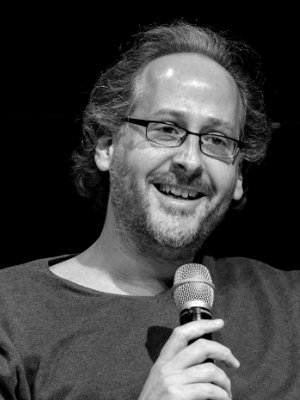
© Ruthe-Zuntz
Elad Lapidot is professor for Culture Studies at the University of Lille, France. He specializes in philosophy, Jewish thought and Talmud and was teaching at the University of Bern, Switzerland, the Humboldt Universität Berlin and the Freie Universität Berlin. His work is guided by questions concerning the relation between knowledge and politics. Among his publications: Jews Out of the Question. A Critique of Anti-Anti-Semitism (SUNY Press, 2020), Hebrew translation with introduction and commentary of Hegel’s Phänomenologie des Geistes, Vol. 1 (Resling, 2020), Heidegger and Jewish Thought. Difficult Others, (Rowman & Littlefield, 2018), and Etre sans mot dire : La logiqe de ‘Sein und Zeit’ (Zeta Books, 2010).
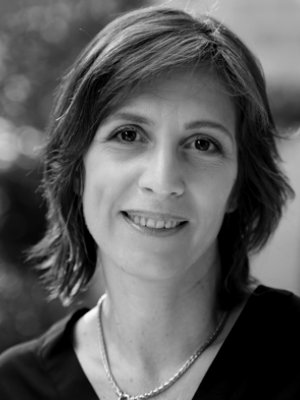
Dr. Sophie Nordmann teaches Philosophy, Ethics, and Jewish Thought in the Department of Religious Studies at the École Pratique des Hautes Études in Paris (PSL University).
A graduate of the École Normale Supérieure (Fontenay Saint-Cloud), she received her Ph.D. at the Sorbonne and her Habilitation at Paris Nanterre University. She also held appointments at the École Polytechnique (2007-2012) and the Collège International de Philosophie (2007-2013).
Her work focuses on Judeo-German Philosophy (H. Cohen, F. Rosenzweig, M. Buber) and on French contemporary Jewish thought (Emmanuel Levinas, André Neher, Paris School of Jewish Thought). Last published book: Phénoménologie de la transcendence. Livres I & II, éditions d’écarts, 2022.
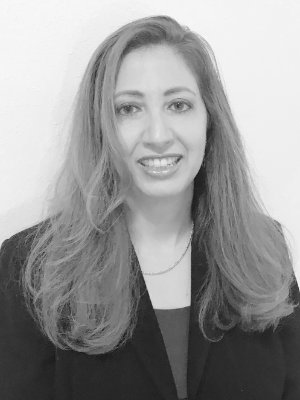
Lena Salaymeh is British Academy Global Professor in the Oxford School of Global and Area Studies (University of Oxford) and Professor in the Section des Sciences Religieuses of the École Pratique des Hautes Études (Paris Sciences et Lettres). She is also Co-Organizer of the Decolonial Comparative Law Project at the Max Planck Institute for Comparative and Private International Law (Hamburg). Salaymeh is a scholar of law and history, with specializations in Islamic jurisprudence, Jewish jurisprudence, and critical theory.
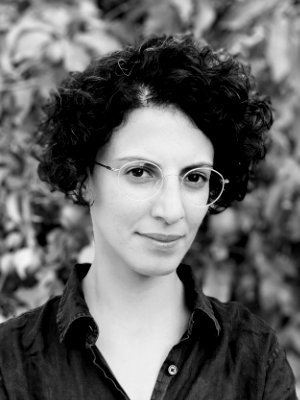
Bat Chen (Laila) Seri is a PhD candidate in in philosophy of religion at the Centre for Theology and Religious Studies, Lund University. Her doctoral thesis, titled “The Dynamics of Law and Narrative: Talmudic Hermeneutics in Benjamin’s Kafka”, explores Walter Benjamin’s reading of Kafka against the backdrop of rabbinic thought, focusing in particular on the categories of halakhah and haggadah.
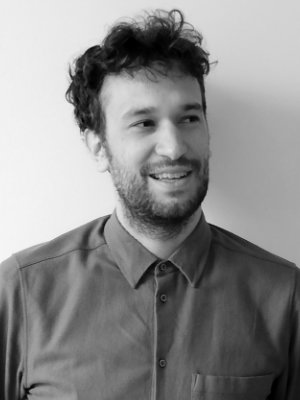
Willem Styfhals is assistant professor at the Institute of Philosophy, KU Leuven. He is the author of No Spiritual Investment in the World: Gnosticism in Postwar German Philosophy (Cornell UP, 2019) and Apologie van het Schrift (Grafische Cel, 2022).
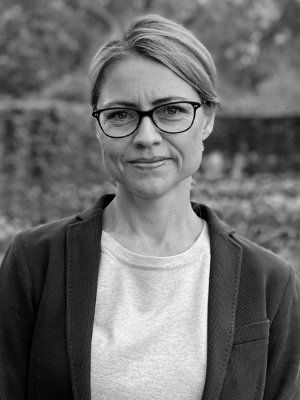
Jayne Svenungsson is Professor of Systematic Theology at Lund University, Sweden. She is the author of Divining History: Prophetism, Messianism and the Development of the Spirit (Berghahn, 2016) and numerous articles on political theology and philosophy of history. She is currently PI of the six-year research program ’At the End of the World: A Transdiciplinary Approach to the Apocalyptic Imaginary in the Past and Present’ (endoftheworld.lu.se).



